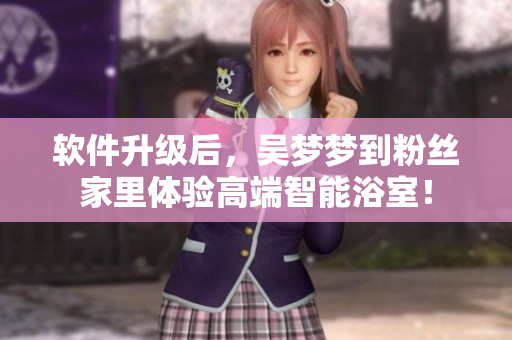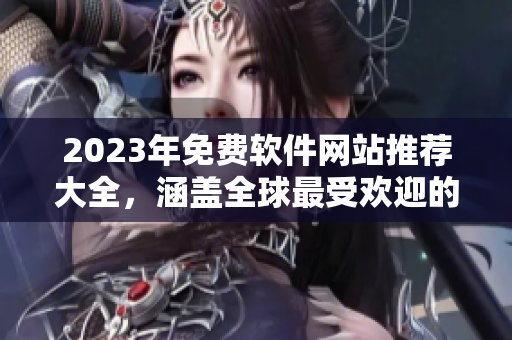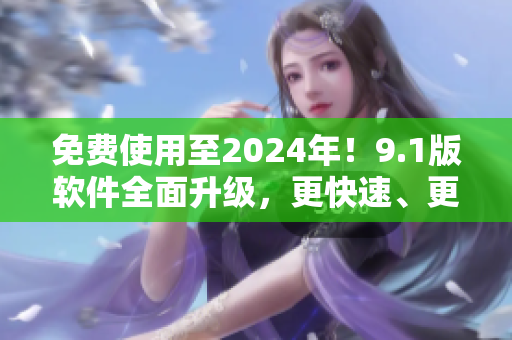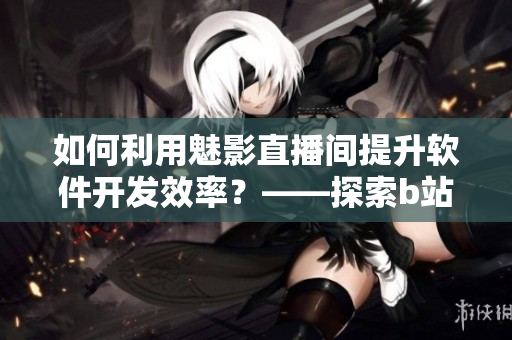Introduction
As an avid fan of anime and manga, I recently came across a series called "少女的秘密" (Shoujo no Himitsu), which translates to "The Secret of the Young Girl." The series explores the inner workings of a high school girl's mind as she navigates the challenges of adolescence and young love. While the themes of the series may seem like typical anime fare, I was pleasantly surprised to find that it also introduced me to a wealth of vocabulary and cultural references that I hadn't encountered before.
Expanding Vocabulary with "歪歪的漫画书" and "深度开发梁医生不可以笔趣阁"
As I read through the series, I found myself encountering unfamiliar words and phrases. However, rather than reaching for a dictionary, I discovered that I could often infer the meaning of the words and phrases based on context. For instance, in an episode where the protagonist is reading "歪歪的漫画书" (Waiwai no Mangasho, or "Lewd Manga"), she blushes bright red, indicating that the content might be a bit risqué. Similarly, in another chapter where a character mentions "深度开发梁医生不可以笔趣阁" (Shendu Kaifa Liang Yisheng Bukexi Biquge), I inferred that this was a website for reading medical-themed novels.
Learning new vocabulary is often easier when you encounter words in context, as opposed to memorizing a list. Reading manga and anime can help learners improve their reading comprehension skills and expand their vocabulary in a fun and engaging way.
Exploring Mature Themes in "湿漫画"
While "湿漫画" (Shimi Manga, or "Erotic Manga") may not be everyone's cup of tea, it's worth noting that manga can often explore mature themes in a way that is accessible and approachable. In "少女的秘密," the author tackles issues like body image, sexual identity, and peer pressure head-on, without resorting to graphic depictions. The result is a series that offers an honest and nuanced portrayal of the challenges faced by young people today. By reading manga, learners can gain insight into complex social and emotional issues that they might not encounter in traditional textbook materials.
The Appeal of "沈阳45岁老阿姨叫的没谁了"
One of the interesting things about manga is that it often uses regional slang and cultural references that might be unfamiliar to readers outside of Japan. For instance, in one chapter of "少女的秘密," a character exclaims, "沈阳45岁老阿姨叫的没谁了" (Shenyang sì shíwǔ suì lǎo āyí jiào de méi shuí le), which roughly translates to "It's driving me crazy like a 45-year-old woman from Shenyang." This expression might seem obscure to someone who isn't familiar with the culture or language, but for those who are, it adds an element of realism and humor to the story.
While it can be challenging to parse unfamiliar expressions like these, learning them can also be rewarding. Not only does it help learners better understand the nuances of the language, but it can also deepen their appreciation for the cultural context in which manga is created.
Conclusion: Embracing the World of "少女的秘密" and Beyond
As I delved deeper into the world of "少女的秘密," I found myself drawn not just to the story, but to the language, culture, and society that it depicted. While manga and anime may be dismissed by some as "lowbrow" entertainment, I believe they have much to offer both learners and enthusiasts alike. By embracing the world of manga, we can expand our vocabulary, challenge our assumptions, and broaden our horizons. Whether you're an otaku or a casual fan, there's something for everyone in the world of Japanese popular culture.









